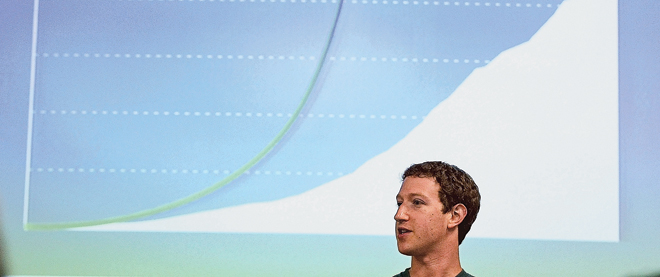Who owns your Facebook friends?
A tool that lets users export their Facebook ‘friends’ to a rival service may expose the site’s Achilles heel
Share

Investors eagerly awaiting a chance to get a piece of Facebook, valued as high as US$100 billion, might want to pay attention to the skirmish going on between the company and Google over who actually owns the “friends” of social networking users. Facebook’s lofty valuation is rooted in the idea that users will never abandon the site (as they once did with Friendster and later MySpace) because they don’t want to leave their friends behind. But what if someone makes it easy for them to take their friends with them?
Facebook, with some 700 million users, recently blocked a tool created by a third-party developer for Google’s Chrome browser that was designed to easily export a Facebook user’s friend list (including their all-important email addresses) to a rival social network. The developer assumed that Facebook users’ friends belong to them, not to Facebook. Facebook disagreed. With Google now trying to edge its way into the social networking space with Google+, Facebook explained that “each person owns her friends list, but not her friends’ information. A person has no more right to mass export all of her friends’ private email addresses than she does to mass export all of her friends’ private photo albums.”
What Facebook failed to mention is that it unsuccessfully tried to convince Google to allow its Gmail users to export their contact lists to Facebook last year. Getting other people’s email addresses is a key way Facebook helps to integrate new users into its site, allowing its software to suggest potential friends. Influential tech blogger Michael Arrington pointed out another irony: “Facebook already allows mass exporting of friends’ private email addresses via deals with Microsoft, Yahoo and possibly other partners.” In other words, it’s okay if Facebook does it to make money, but not if you want to switch to a rival network. And, as Arrington notes, that could be perceived as anti-competitive by the U.S. government. Suddenly, Facebook’s reign as social networking’s king looks a lot more vulnerable—as does that $100-billion valuation.